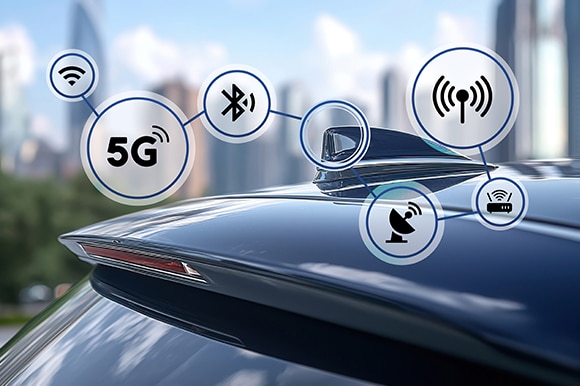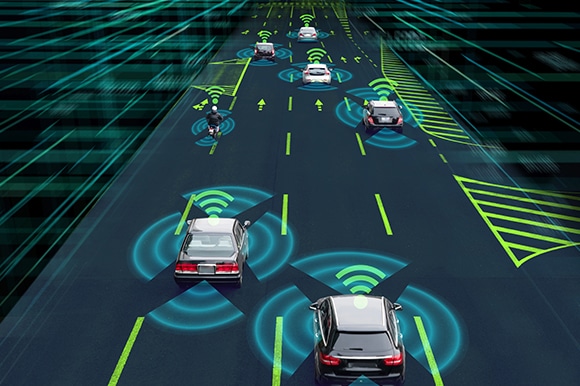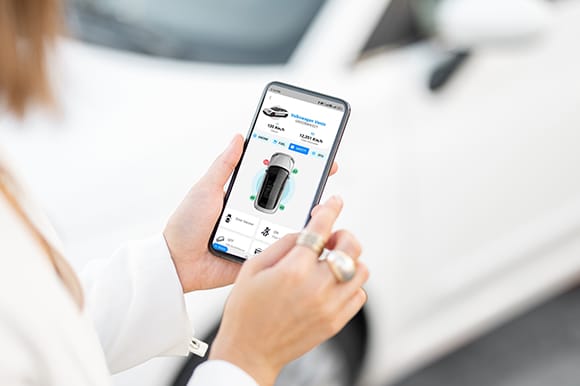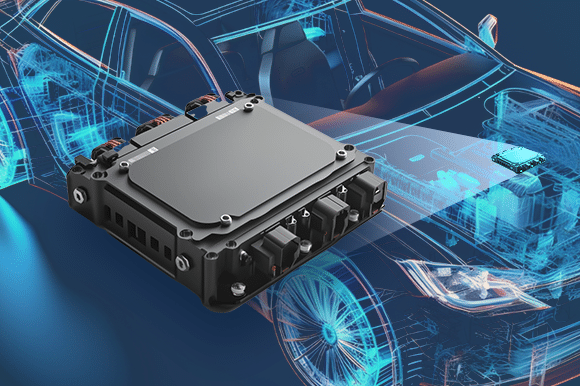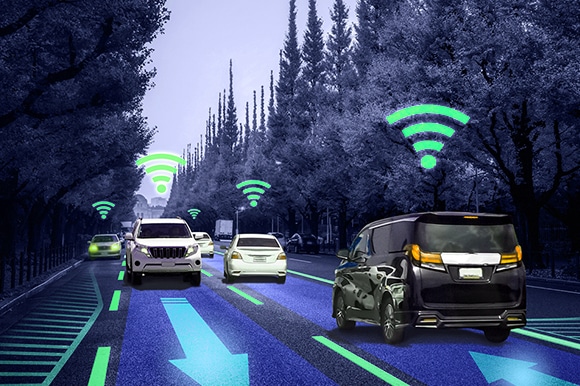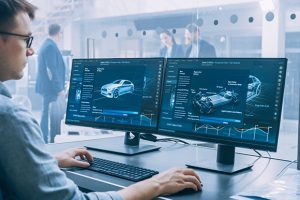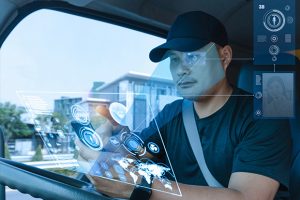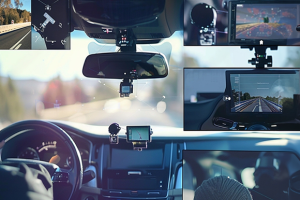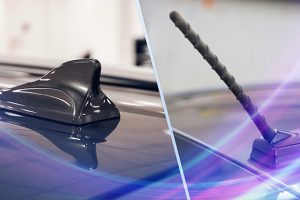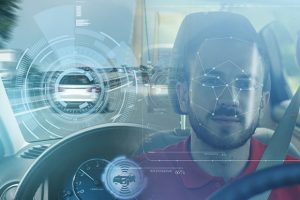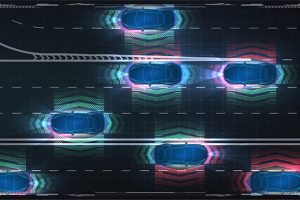In the world of automotive testing, we face numerous challenges due to the complexity of modern vehicles, stringent safety standards, and tight regulations. Our goal is to ensure that every vehicle on the road is reliable and safe by rigorously evaluating critical functions and integrating various components. Meeting these goals involves complying with standards like ISO 26262 and cybersecurity regulations, all while dealing with realistic simulations, data security, and software updates. Overcoming these hurdles requires advanced testing methods, collaboration, and a commitment to delivering high-quality automotive software solutions.
Table of Contents
Let’s Dive Into Some of the Key Challenges:
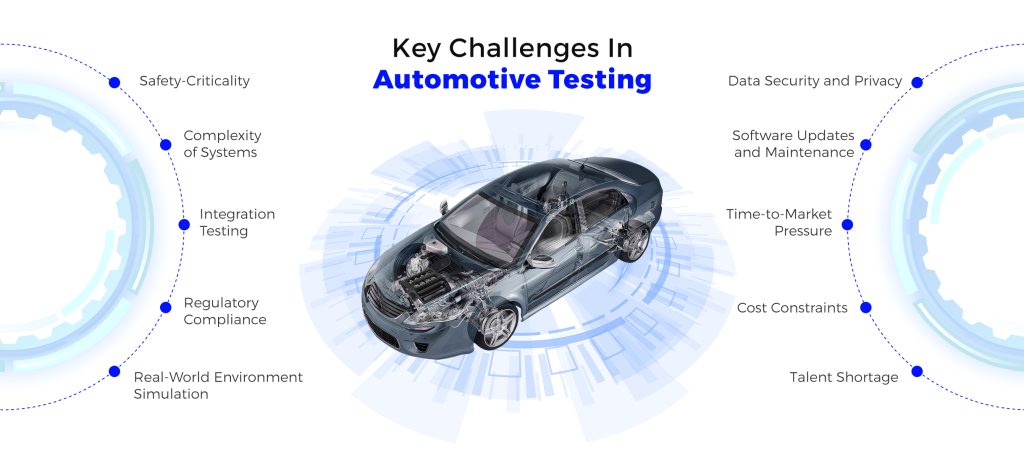
Safety-Criticality: Ensuring that automotive software doesn’t compromise vehicle safety is our top priority. Testing must rigorously evaluate software-controlled safety-critical functions such as braking, steering, and collision avoidance systems to prevent potential hazards.
Complexity of Systems: Modern vehicles integrate numerous interconnected systems, requiring comprehensive test coverage across diverse hardware and software components. We must address the complexities of infotainment systems, advanced driver-assistance systems (ADAS), telematics, and autonomous driving features.
Integration Testing: Integrating software components from various suppliers necessitates thorough testing to ensure seamless interaction. This means resolving compatibility issues, verifying communication protocols, and ensuring interoperability to prevent integration failures.
Regulatory Compliance: Adhering to industry standards like ISO 26262 for functional safety and cybersecurity regulations such as ISO/SAE 21434 is crucial. Our testing processes must ensure compliance with these standards, which adds complexity and requires specialized expertise.
Real-World Environment Simulation: Validating software behavior under diverse driving conditions is challenging. We use simulation techniques like virtual testing and hardware-in-the-loop (HIL) testing to accurately replicate real-world scenarios.
Data Security and Privacy: Protecting sensitive data and ensuring cybersecurity are vital. Our testing addresses vulnerabilities and safeguards against unauthorized access or exploitation, especially with increasing vehicle connectivity and data collection.
Software Updates and Maintenance: As vehicles become more software-defined, handling regular over-the-air (OTA) updates requires meticulous testing. We must ensure compatibility, reliability, and seamless integration of updates into the vehicle’s ecosystem.
Time-to-Market Pressure: The automotive industry operates within tight timelines due to market demands and technological advancements. Our testing processes must be agile and efficient to keep pace with rapid development cycles while maintaining high-quality standards.
Cost Constraints: Testing complex automotive software requires significant investment in resources and infrastructure. Balancing cost constraints with the need for thorough testing and quality assurance is a challenge for manufacturers and suppliers.
Talent Shortage: There’s a scarcity of skilled professionals in automotive software testing, particularly in specialized areas like cybersecurity and AI/ML. Recruiting and retaining talent with the required expertise pose challenges for the industry.
Challenging the Challenges
Safety-Criticality
- Fault Injection: Utilize techniques like mutation testing to validate the robustness of safety-critical functions
- Formal Methods: Employ model checking to mathematically verify the correctness of safety-critical algorithms.
- Real-Time Monitoring: Implement fault-tolerant mechanisms to mitigate potential hazards in software-controlled vehicle systems.
Complexity of Systems
- Modular Testing: Develop modular test harnesses using frameworks to enable independent testing of interconnected modules.
- Model-Based Testing: Utilize tools to simulate and validate complex interactions within automotive systems.
- Advanced Debugging: Employ techniques like dynamic code analysis and runtime verification to identify and address software integration issues.
Integration Testing
- Continuous Integration: Implement pipelines using CI tools to automate the validation of software components from multiple suppliers.
- Protocol Testing: Use tools to verify compatibility and interoperability of communication protocols.
- Virtualization: Utilize techniques to create isolated test environments for integration testing without relying on physical hardware.
Regulatory Compliance
- Automated Test Suites: Develop them using compliance testing frameworks to ensure adherence to industry standards.
- Security Audits: Conduct regular penetration testing to assess compliance with cybersecurity regulations.
Real-World Environment Simulation
- High-Fidelity Simulation: Utilize platforms to replicate diverse driving conditions for testing autonomous features.
- HIL Testing: Integrate environments with simulation tools to validate the interaction between software components and physical hardware.
- Custom Simulation Models: Develop them using tools to accurately model complex automotive systems under real-world conditions.
Data Security and Privacy
- Cryptographic Algorithms: Implement secure communication protocols to protect sensitive data.
- Threat Modeling: Conduct exercises to identify and mitigate potential cybersecurity risks.
- Intrusion Detection: Employ systems to detect and respond to security threats in real-time.
Software Updates and Maintenance
- OTA Mechanisms: Implement secure boot and firmware encryption techniques to ensure the integrity of updates.
- Automated Regression Testing: Use tools to validate updates across different vehicle platforms.
- Continuous Delivery: Utilize pipelines with blue-green deployment strategies to seamlessly roll out updates while minimizing downtime.
Time-to-Market Pressure
- Agile Methodologies: Implement Scrum and Kanban to prioritize testing activities and deliver incremental improvements.
- Test Automation: Utilize frameworks to accelerate testing cycles.
- Cross-Functional Teams: Establish teams with dedicated testing resources to facilitate collaboration between developers and testers.
Cost Constraints
- Risk-Based Testing: Optimize test case prioritization to focus efforts on critical functionalities.
- Cloud-Based Platforms: Leverage them to reduce infrastructure costs and scale resources based on demand.
- Open-Source Tools: Explore frameworks to minimize licensing costs.
Talent Shortage
- Training Programs: Invest in them for software testers to develop specialized skills.
- University Collaboration: Recruit top talent and provide hands-on experience in automotive testing.
- Continuous Learning: Foster a culture of professional development through structural trainings.
VVDN Expertise in Automotive Software Testing and System Testing
Addressing automotive testing challenges requires advanced tools and methodologies. At VVDN, we have been designing, developing, and manufacturing automotive-grade products for years, working with tier-1 suppliers and OEMs. Our rigorous in-house testing, combined with our extensive experience, allows us to offer top-notch software and system testing services. Our skilled team excels in safety-critical testing, managing system complexity, and ensuring regulatory compliance. With a robust framework for integration testing and simulation, we ensure the seamless functionality and security of automotive software and systems. Our commitment to continuous improvement and advanced testing techniques ensures that we deliver top-quality, reliable, and safe automotive software solutions, meeting the stringent demands of the modern automotive industry.
For further information on our offerings and collaborative possibilities to meet your automotive testing requirements, please contact us at info@vvdntech.com






















